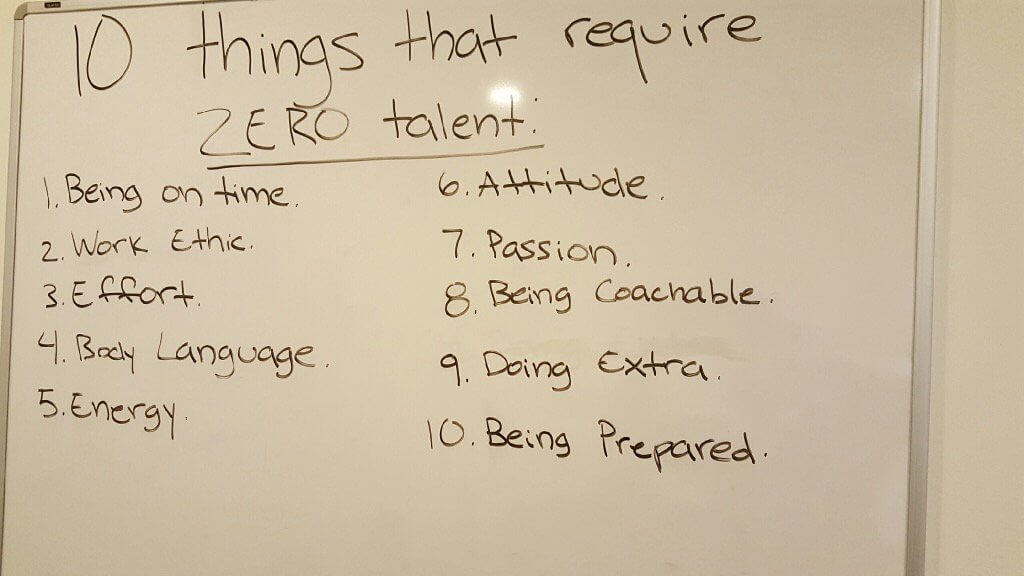 Thirteen years ago, after terrorists struck our country, life became still. Flights were grounded, and because I live near one of the world’s busiest airports, the sound of silence was particularly strange. In that pause, the “new normal” began. No plane flight was ever the same. New security and rules changed all of our old patterns. After the 9/11 attacks, Americans took space and time to sort out what had happened and what needed to be done. That pause changed life as we knew it. That’s also true in negotiation strategies. An important lesson for negotiators is to embrace the pause and not try to fill it.
Thirteen years ago, after terrorists struck our country, life became still. Flights were grounded, and because I live near one of the world’s busiest airports, the sound of silence was particularly strange. In that pause, the “new normal” began. No plane flight was ever the same. New security and rules changed all of our old patterns. After the 9/11 attacks, Americans took space and time to sort out what had happened and what needed to be done. That pause changed life as we knew it. That’s also true in negotiation strategies. An important lesson for negotiators is to embrace the pause and not try to fill it.
Tactical silence as a negotiation strategy
More often than not, no matter how well the negotiations are going, there will be a point when you reach some sort of stalemate. You might be just short of a breakthrough but the sides haven’t been able to reach mutually agreeable deal points. Now is the time to embrace the pause. Embracing the pause may look like doing nothing, but in reality you are tapping into s deep power. In reality, pausing to “do nothing” is doing everything to help you negotiate. Pausing allows you to listen, and when you listen, you learn. Get comfortable with ambiguity Most of us feel uncomfortable with dead zones in conversation. A conversation (and that’s what a negotiation boils down to) is like a tightrope stretched between two people. Silence makes you look around for the net, some sort of signal that we are still in communication and nothing has gone wrong. We don’t like ambiguity. It’s a big vacuum and we try to fill it. In a conversation or negotiation, silence can signal ambiguity. By mastering the art of quiet, we give others every chance to help us.
The storyteller’s tool
Storytelling is a great asset in negotiations. A storyteller uses the pause to build suspense. The more tension you have, the longer the pause can be, and the more satisfying the end needs to be for the audience. Rushing through details in a story can often confuse the listener and make a punch line hard to get. Don’t be afraid to slow down and, at the critical moments, stop completely.
Your Game Changer Takeaway
In negotiations, the moment of quiet between the ask and the answer is a chance to think and reflect. If you embrace the pause, you often will control the negotiation because you send the message that you are very comfortable with yourself and your negotiating position. Pausing can seem uncomfortable, but when you make it a habit, you are using a tool that the best negotiators rely upon.
The Molly Fletcher Company inspires leaders, teams and organizations to kick-start growth. A keynote speaker and author, Molly draws on her decades of experiences working as a sports agent. Her company’s Game Changer Negotiation Training workshops teach businesspeople the framework for successful negotiating, so that you can close more deals while building stronger relationships. Sign up here to receive our weekly newsletter and subscribe to the Game Changers with Molly Fletcher podcast on iTunes.


















